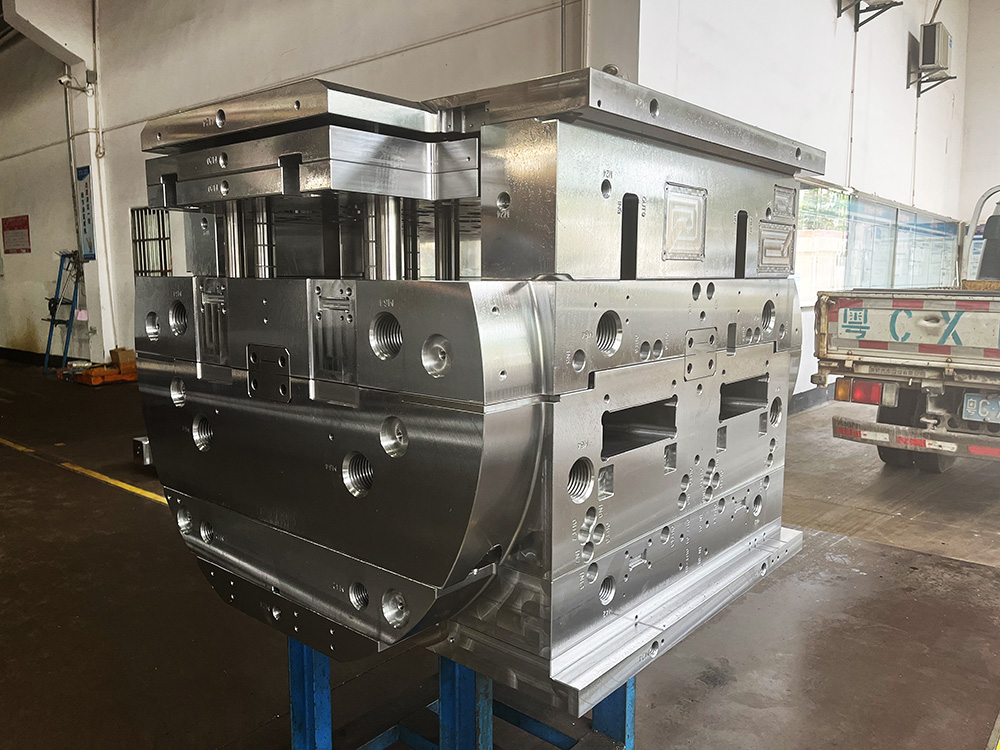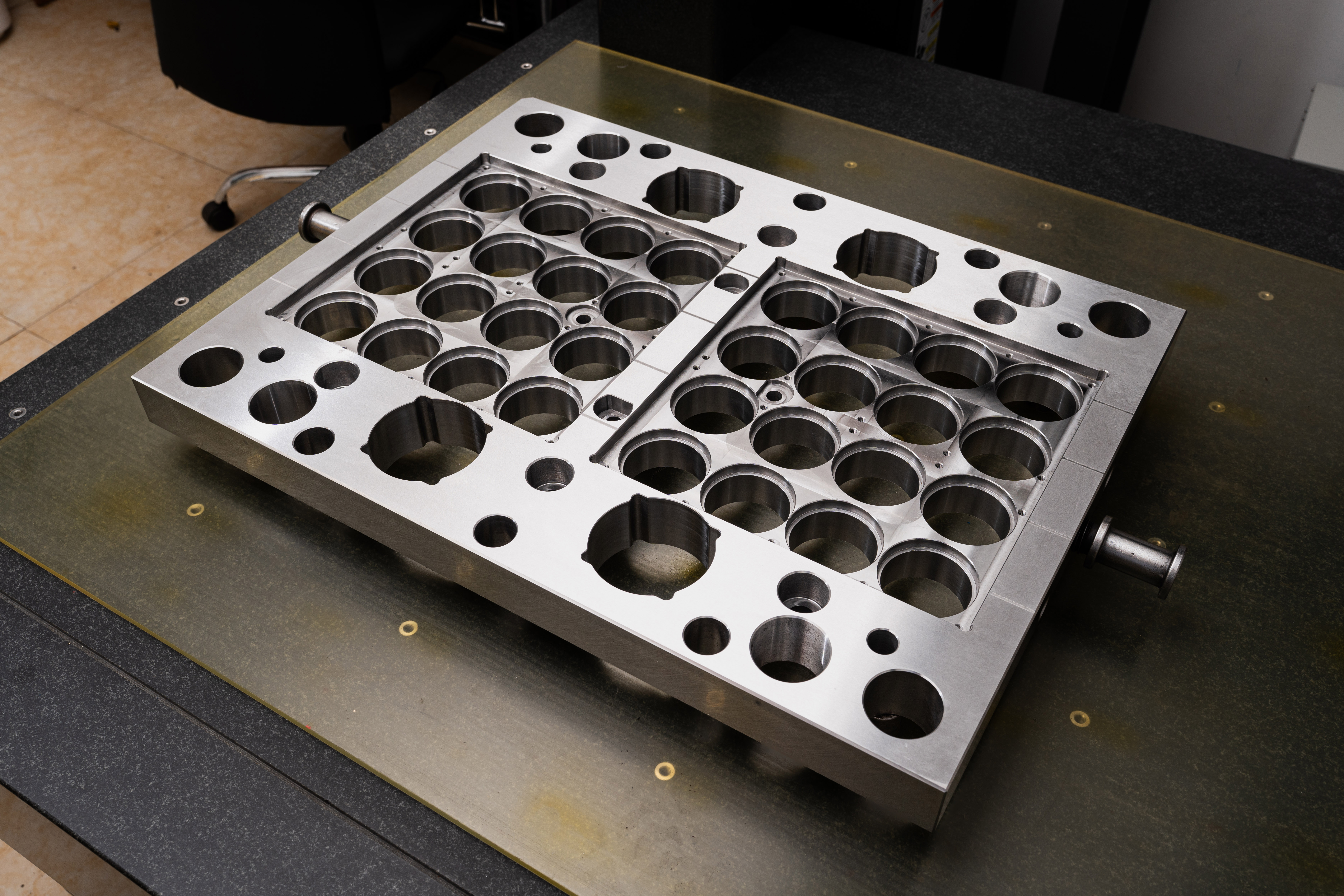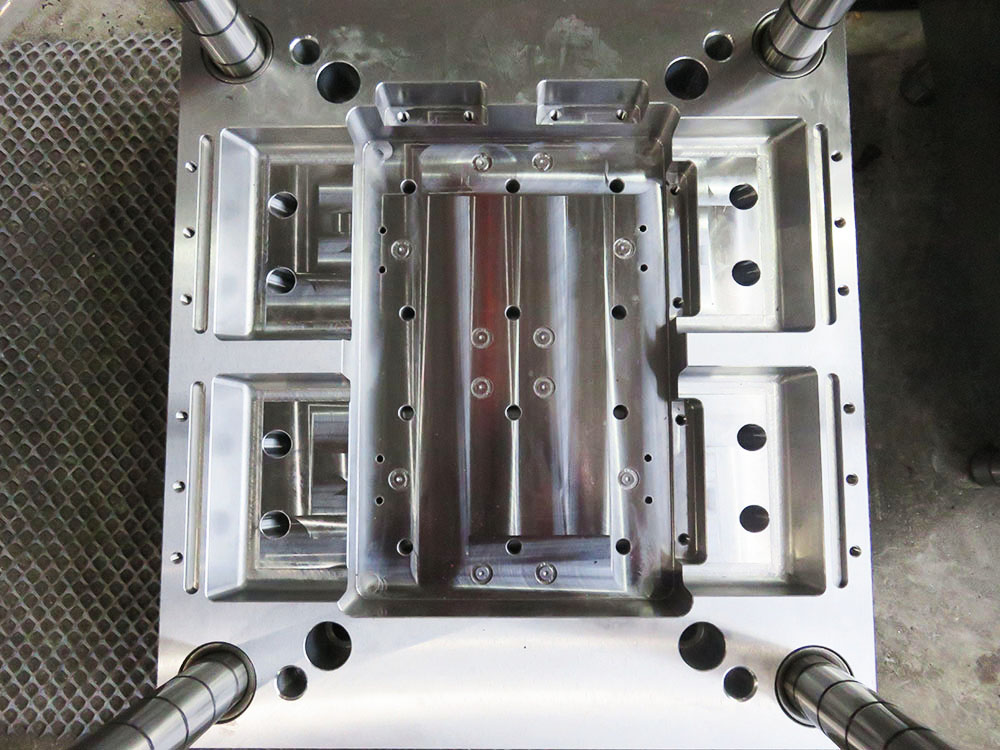The Definition and Implications of a Suspended Order in the Mold Base Industry
In the field of mold base manufacturing, a suspended order refers to a situation where a customer's order is temporarily put on hold or delayed due to various reasons. This can occur at any stage of the production process, from the initial design and engineering phase to the final manufacturing and delivery of the mold base. In this article, we will delve deeper into the concept of a suspended order in the mold base industry, its causes, implications, and potential solutions.
Causes of Suspended Orders
There are several factors that can lead to a suspended order in the mold base industry. It is important for both manufacturers and customers to understand these causes to effectively manage and mitigate potential issues.
Firstly, a suspended order can occur when there are changes in the customer's requirements or specifications. This may happen due to design modifications, engineering challenges, or new customer preferences. Any changes during the production process can result in a temporary halt of the order until the necessary adjustments are made.
Secondly, supply chain disruptions can also lead to suspended orders. This can happen when suppliers fail to deliver the required raw materials or components on time, causing delays in the manufacturing process. Additionally, unforeseen events such as natural disasters, transportation strikes, or global pandemics can also disrupt the supply chain and result in suspended orders.
Furthermore, quality control issues can also contribute to suspended orders. If a mold base fails to meet the customer's quality standards or undergoes significant defects during the manufacturing process, it may be necessary to halt the order until the issues are resolved. This is crucial in ensuring that the final product meets the customer's expectations and industry standards.
Implications of Suspended Orders
Suspended orders can have various implications for both the mold base manufacturer and the customer.
For manufacturers, a suspended order can lead to a disruption in the production schedule and potentially impact other ongoing projects. It may result in additional costs and resources needed to address the causes of the suspension and resume the manufacturing process. Furthermore, it can also affect the reputation of the manufacturer if customers perceive their ability to meet deadlines or handle changes as inadequate.
On the other hand, customers may experience delays in their own production schedules if a mold base order is suspended. This can ultimately impact their ability to deliver finished products to their own customers within the desired timeframe. Additionally, customers may incur additional costs associated with the suspension, such as the need to source alternative mold base suppliers or implementing temporary solutions to mitigate the delay.
Solutions and Mitigation Strategies
To effectively handle and minimize the impact of suspended orders in the mold base industry, both manufacturers and customers can consider implementing the following strategies:
1. Effective Communication: Maintaining open and transparent communication channels between the manufacturer and the customer is crucial. This enables early identification and resolution of potential issues or changes in requirements, minimizing the likelihood of a suspended order.
2. Robust Planning and Risk Assessment: Conducting thorough planning and risk assessment prior to commencing the manufacturing process can help identify possible risks and challenges that may lead to order suspension. This allows for contingency plans to be put in place and mitigates potential disruptions.
3. Collaboration with Reliable Suppliers: Building strong relationships with reliable suppliers ensures a steady flow of raw materials and components, reducing the likelihood of supply chain disruptions and suspended orders.
4. Quality Control Measures: Implementing stringent quality control measures throughout the manufacturing process helps identify and rectify any defects or deviations early on, reducing the chances of a suspended order due to quality issues.
Conclusion
A suspended order in the mold base industry refers to a temporary delay or hold on a customer's order due to various reasons such as changes in requirements, supply chain disruptions, or quality control issues. It is important for manufacturers and customers to understand the causes and implications of suspended orders and implement effective strategies to mitigate their impact. By maintaining open communication, robust planning, collaborating with reliable suppliers, and ensuring strict quality control measures, both parties can minimize the likelihood of suspended orders and ensure a smooth production process in the mold base industry.




